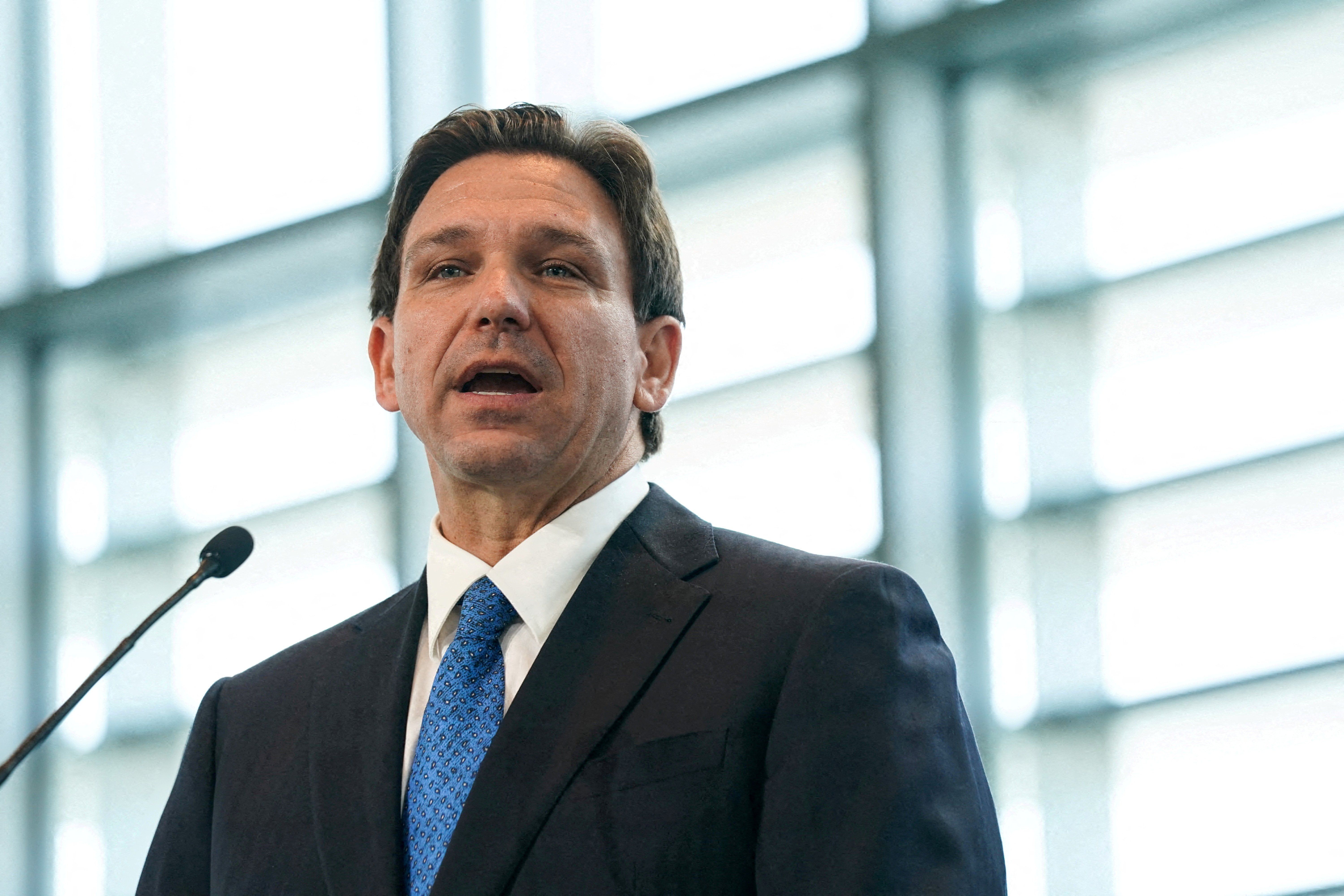We all knew he was going to join the 2024 US presidential race — it was just a matter of how and when. Florida Gov. Ron DeSantis answered those questions on Wednesday night, officially throwing his hat in the ring on a Twitter Space hosted by Elon Musk.
But despite months of anticipation and preparation, things did not go smoothly. The social media app repeatedly crashed as listeners tuned in to hear the Florida governor, leaving DeSantis unable to speak for 30 minutes.
Picking Twitter was as strategic as it was unprecedented. By going to Musk ahead of Fox, DeSantis positioned himself as someone outside the political media establishment. He was perhaps trying to associate himself with Musk’s free speech persona, which could appeal to a swath of conservative voters that DeSantis needs. The governor may also believe Musk will be the next Republican kingmaker.
Once things finally started working, DeSantis’ political messaging tracked closely with the concerns of popular conservative social media users and podcast hosts. Complaints about identity politics? Check. Promises to help Bitcoin? Check. Taking aim at the “woke” movement? Check. While most Americans say the economy is their biggest concern ahead of the 2024 vote, DeSantis is clearly playing into America’s culture wars.
Fox News still got the first national TV interview, where DeSantis presented his traditional conservative platform – one we’ve seen play out in the Sunshine State. DeSantis spoke about his feuds with Disney, his crackdown on education and gender politics, and his hardline approach to immigration.
He also spoke favorably about upcoming debates on the campaign trail – an indirect challenge to Donald Trump, who has indicated he may skip the initial debates. But DeSantis lags well behind Trump in the polls and faces strategic challenges that will be hard to overcome as he battles against the former president for the GOP nomination.
Plenty of pundits have guessed which jokes and nicknames Trump might hurl at DeSantis on the campaign trail, and few will be surprised by Trump’s team making light of the Twitter Space snafus. “Glitchy. Tech issues. Uncomfortable silences. A complete failure to launch. And that’s just the candidate,” said a Trump spokesperson.
Will this strategy help or hurt DeSantis in the GOP primary? He'll need to fight the narrative that he's "too online," Eurasia Group's US Managing Director Jon Lieber says on this week's US Politics in 60 Seconds.
DeSantis struggles to connect with reporters and voters, so going to Twitter allows him to bypass the media filter and avoid contact with humans. But the Florida governor lacks Trump's offline and online charisma, not to mention the former president's unique ability to make news and raise money on social media despite the limited reach of his Truth Social account.
Outperforming the most online person ever to hold public office would be a tall order for anyone. But Lieber says it'll be even harder for DeSantis, who's not as prolific as other top Republicans and has yet to learn Trump's magic touch for doling out MAGA red meat and owning the Libs.
